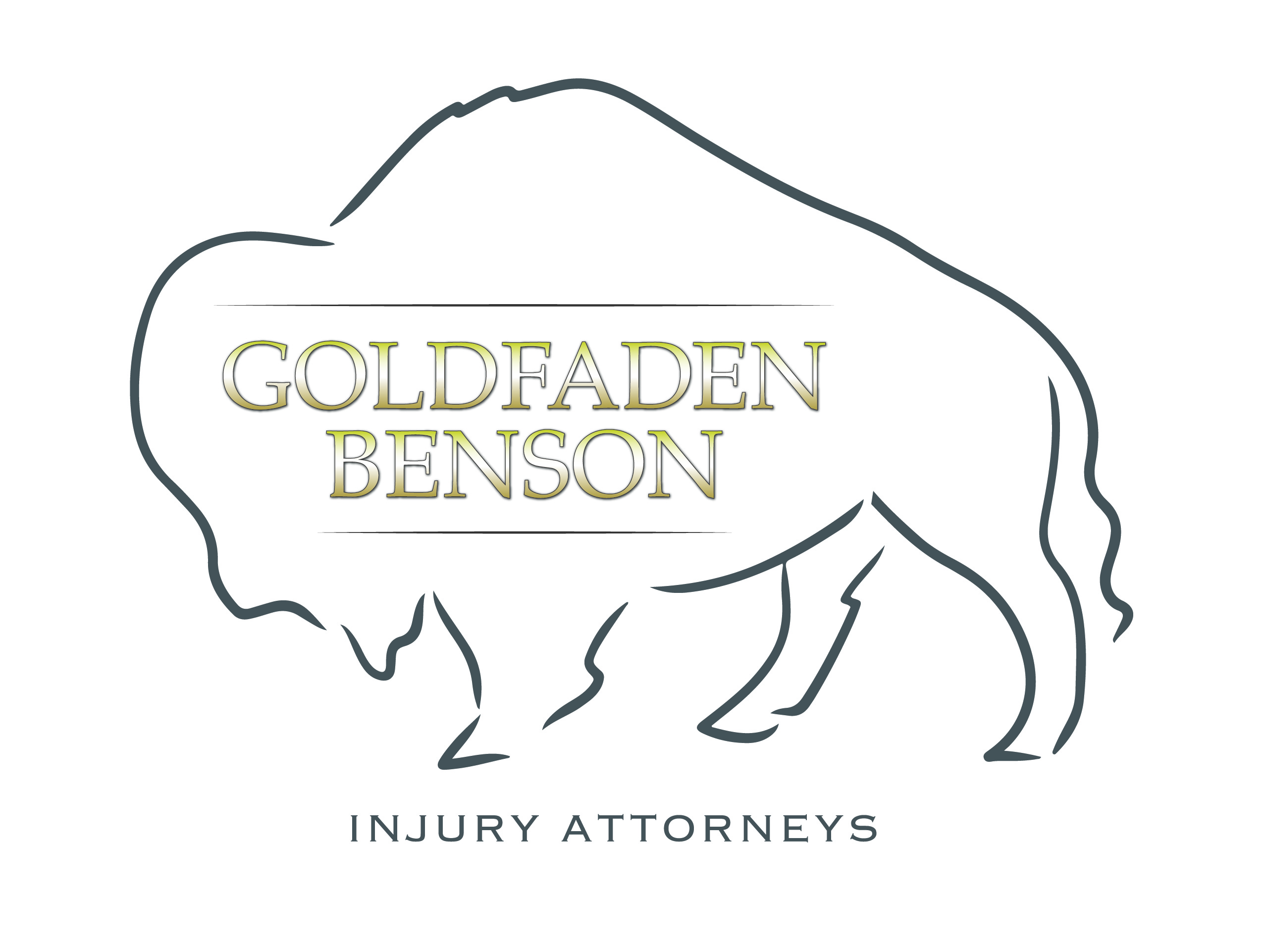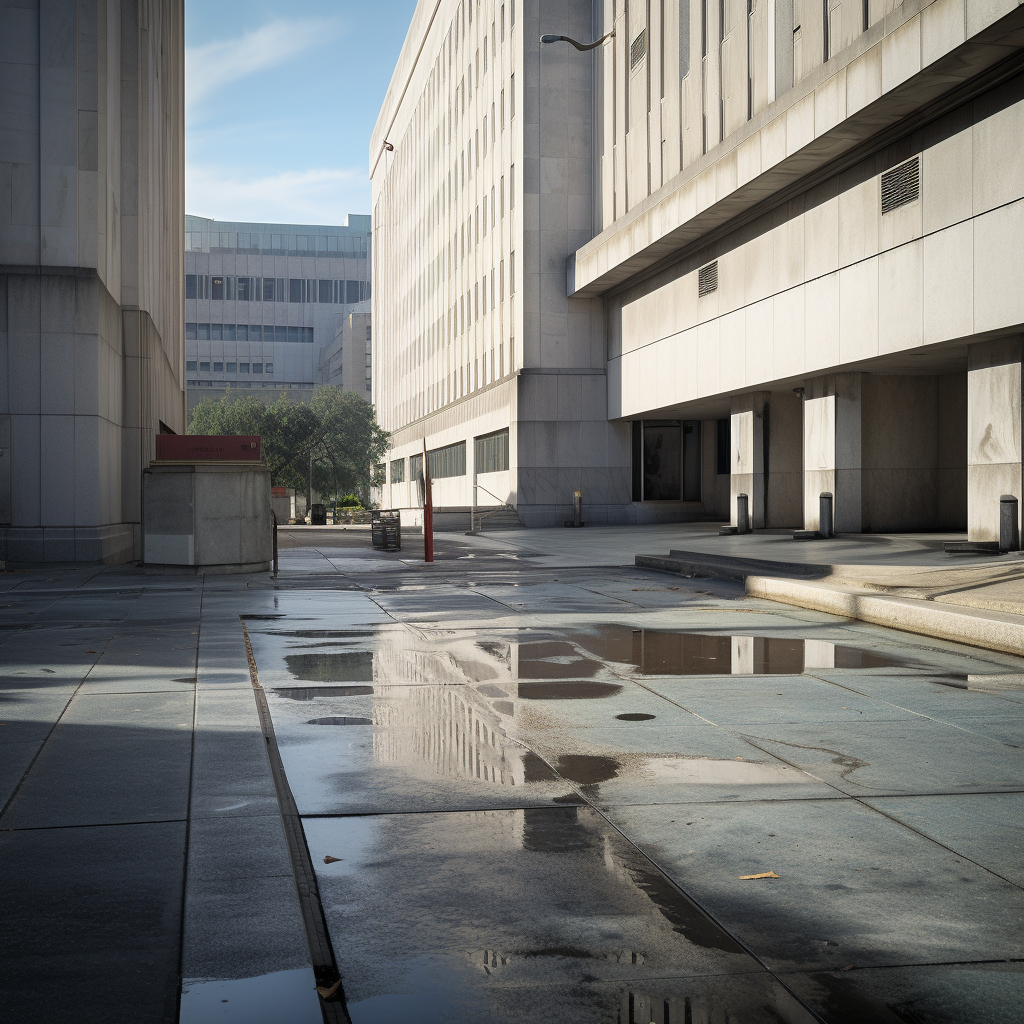Injury on Public Property: Who’s Liable?
What happens when you slip and fall on public property? What if you are injured at a public park or a government building? In those scenarios, is the government entity responsible? This article will endeavor to shed light on these matters and offer broad insight into the legal avenues and challenges associated with them. Remember, every situation is unique, so consulting with a professional attorney like Goldfaden Benson is always the best course of action.
The Concept of “Premises Liability”
Premises liability refers to a legal concept where injury caused by unsafe or defective conditions on someone’s property is considered the property owner's responsibility. But what if that property belongs to a government entity? The rules are slightly different when it comes to public property.
Government Entity: Not Above the Law
Just because an injury occurred on public property doesn't mean the government is automatically liable, but nor are they invincible. Government entities, like individuals, are held accountable for ensuring their properties are safe. This varies from fixing a broken pavement to maintaining public parks and buildings. But what happens when an injury occurs?
The Intricacies of an Injury Claim
When an injury occurs on public property, the victim may have the right to file a claim. However, the rules for filing such claim are different from those relating to private property owners. Additionally, there are specific timelines in place for filing a claim against a government entity. This is a complex process, and a simple mistake could derail a claim, emphasizing the importance of seeking qualified legal help.
Legal Immunities and Exceptions
Despite being held accountable, government entities often enjoy certain immunities that private property owners don't. For example, the government may claim immunity if a person is injured during an accident involving a government vehicle on official duty. However, there are always exceptions. In certain situations, these immunities may not apply.
Weighing Your Legal Options
When it comes to navigating the complex world of personal injury law and public property, it’s best not to go it alone. There are many intricacies and subtleties to consider and professional help is invaluable.
In Conclusion
Understanding who’s liable for an injury on public property isn't straightforward. Government entities are not above the law, but they do have certain legal immunities. The road to proving liability can be long and complex, but knowing your rights and seeking professional advice can make all the difference.
Frequently Asked Questions
1. What if I was partially at fault for the injury?
Some jurisdictions operate under comparative negligence rules, where your level of compensation might be reduced proportionally to your degree of fault.
2. How long do I have to file a claim?
The time limit can vary from one jurisdiction to another. It’s advisable to seek legal counsel immediately after the incident to ensure you're within the timeframe.
3. What if I can't afford an attorney?
Goldfaden Benson operates on a contingency basis for personal injury cases, meaning we only receive payment if we win your case.
4. What if my injury occurred on federal property?
The rules for incidents on federal property differ. Federal tort claims tend to have specific procedures, hence legal advice is highly recommended.
5. What kind of evidence do I need to support my claim?
Photographs of the accident location, medical records, witness testimonies, and any official accident reports can be invaluable in supporting your case.







